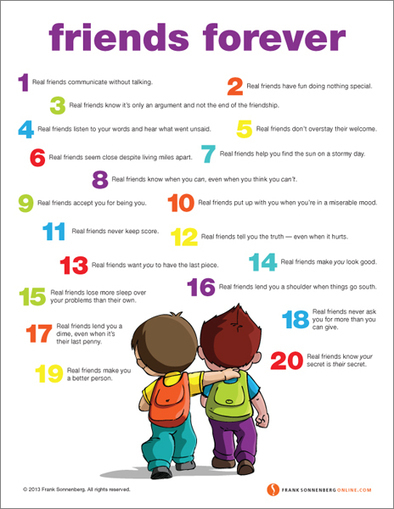
Reverse engineering
Reverse engineering, also called back engineering, is the process by which a man-made object is deconstructed to reveal its designs, architecture, or to extract knowledge from the object; similar to scientific research, the only difference being that scientific research is about a natural phenomenon.
The process by which a man-made object is deconstructed to reveal its designs, architecture, or to extract knowledge from the object; similar to scientific research, the only difference being that scientific research is about a natural phenomenon. content...
Learn more / En savoir plus / Mehr erfahren:
https://www.scoop.it/t/21st-century-learning-and-teaching/?&tag=Frank+SONNENBERG
http://www.scoop.it/t/21st-century-learning-and-teaching/?&tag=Character
http://www.scoop.it/t/21st-century-learning-and-teaching/?q=ethics
https://www.scoop.it/t/21st-century-learning-and-teaching/?tag=Values
http://www.scoop.it/t/21st-century-learning-and-teaching/?tag=Growth+Mindset



 Your new post is loading...
Your new post is loading...




















The process by which a man-made object is deconstructed to reveal its designs, architecture, or to extract knowledge from the object; similar to scientific research, the only difference being that scientific research is about a natural phenomenon. content...
Learn more / En savoir plus / Mehr erfahren:
https://www.scoop.it/t/21st-century-learning-and-teaching/?&tag=Frank+SONNENBERG
http://www.scoop.it/t/21st-century-learning-and-teaching/?&tag=Character
http://www.scoop.it/t/21st-century-learning-and-teaching/?q=ethics
https://www.scoop.it/t/21st-century-learning-and-teaching/?tag=Values
http://www.scoop.it/t/21st-century-learning-and-teaching/?tag=Growth+Mindset